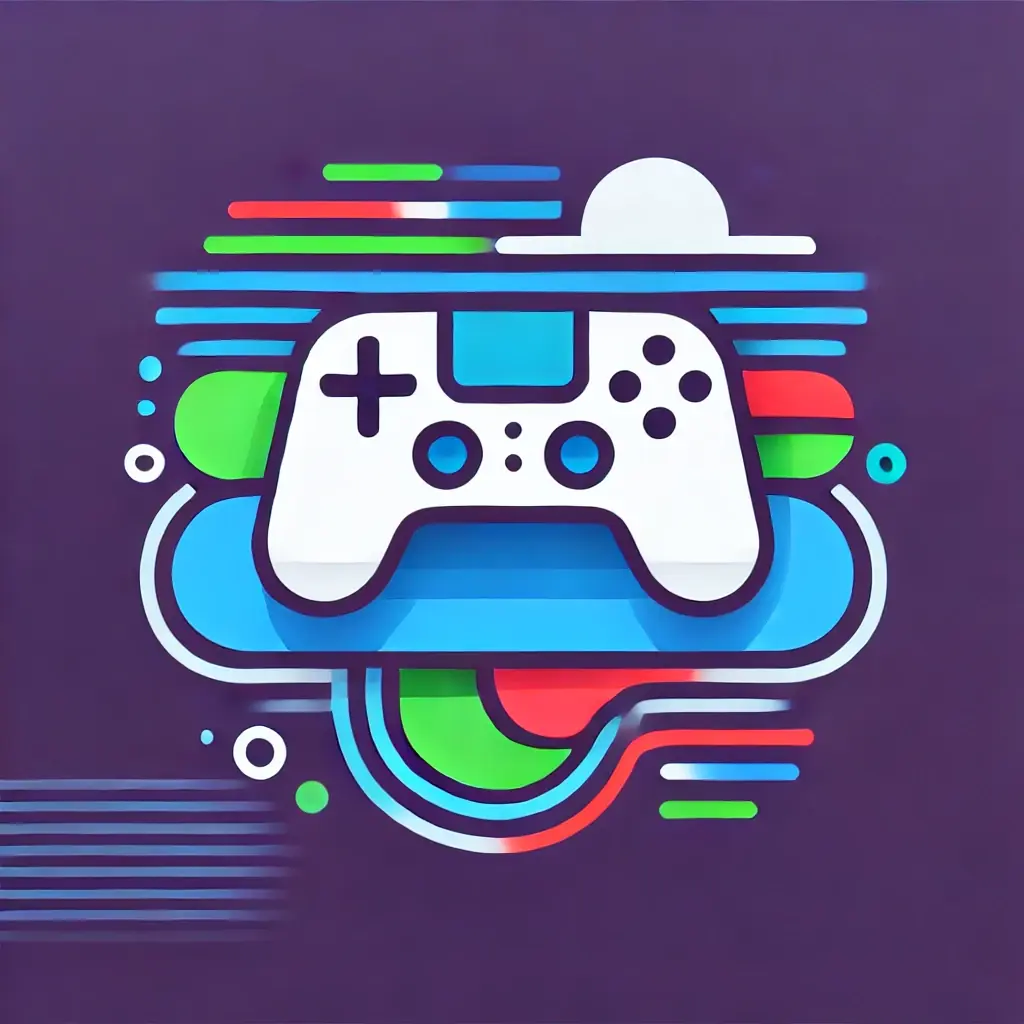The integration of artificial intelligence (AI) in smart gaming consoles is revolutionizing the gaming experience, enhancing gameplay through connected features such as remote play, streaming, and real-time updates. This transformation is not just about improved graphics or faster processing; it’s about creating a more immersive and personalized gaming environment.
Adaptive Gameplay
AI algorithms embedded in smart gaming consoles analyze player behavior in real-time, allowing for adaptive gameplay. This means that the console can tailor challenges based on a player’s skill level and preferences, adjusting difficulty and even personalizing narratives to enhance engagement. For example, games like Left 4 Dead utilize AI to modify game intensity based on player performance, ensuring a balanced and exciting experience[1][5].
Intelligent NPCs
Non-playable characters (NPCs) are becoming more sophisticated thanks to AI. They can learn from player strategies and adjust their behaviors accordingly, creating unique and unpredictable encounters. This advancement not only makes gameplay more dynamic but also fosters a deeper connection between players and the game world. Titles like Red Dead Redemption 2 showcase NPCs that behave realistically, interacting with their environment and each other in ways that enhance immersion[2][5].
Enhanced Graphics and Immersion
AI is also transforming graphics rendering through techniques like real-time ray tracing, which enhances visual fidelity and realism. This results in lifelike graphics that draw players deeper into virtual worlds. Moreover, AI-driven voice and gesture recognition technologies allow for more intuitive control, enabling players to interact with games using natural movements and commands, further enhancing the immersive experience[1][4].
Cloud Gaming and Streaming
The synergy between AI and cloud gaming is reshaping how games are accessed and played. AI enables seamless streaming of resource-intensive games to lower-powered devices, allowing players to enjoy high-quality experiences without the need for expensive hardware. This democratization of gaming ensures broader access to advanced gaming technologies[1][4].
Personalized Game Recommendations
AI algorithms analyze a player’s gaming history and preferences to offer tailored game recommendations. This personalization not only helps players discover new titles but also contributes to a more engaging gaming ecosystem, fostering long-term player retention[1][5].
Challenges and Considerations
While the benefits of AI in gaming are significant, there are challenges, including ethical considerations around data privacy and algorithmic bias. Developers must navigate these issues while ensuring that AI enhances the gaming experience without compromising user rights. Additionally, the complexity of integrating AI into game development can lead to increased costs and longer production times, which developers must address to fully realize AI’s potential in gaming[1][4].
In summary, smart gaming consoles powered by AI are not just enhancing gameplay; they are transforming the entire gaming landscape, creating more personalized, immersive, and engaging experiences for players around the world.
Further Reading
1. AI-powered Gaming Consoles: A Glimpse into the Future
2. AI-Powered Characters are Transforming the Gameplay Experience | Convai
3. How AI Can Enhance Gaming Experiences: A Guide
4. AI in Video Games | Columbia University
5. AI in Gaming: Next-Level Play for Immersive and Dynamic Fun · Neil Sahota


